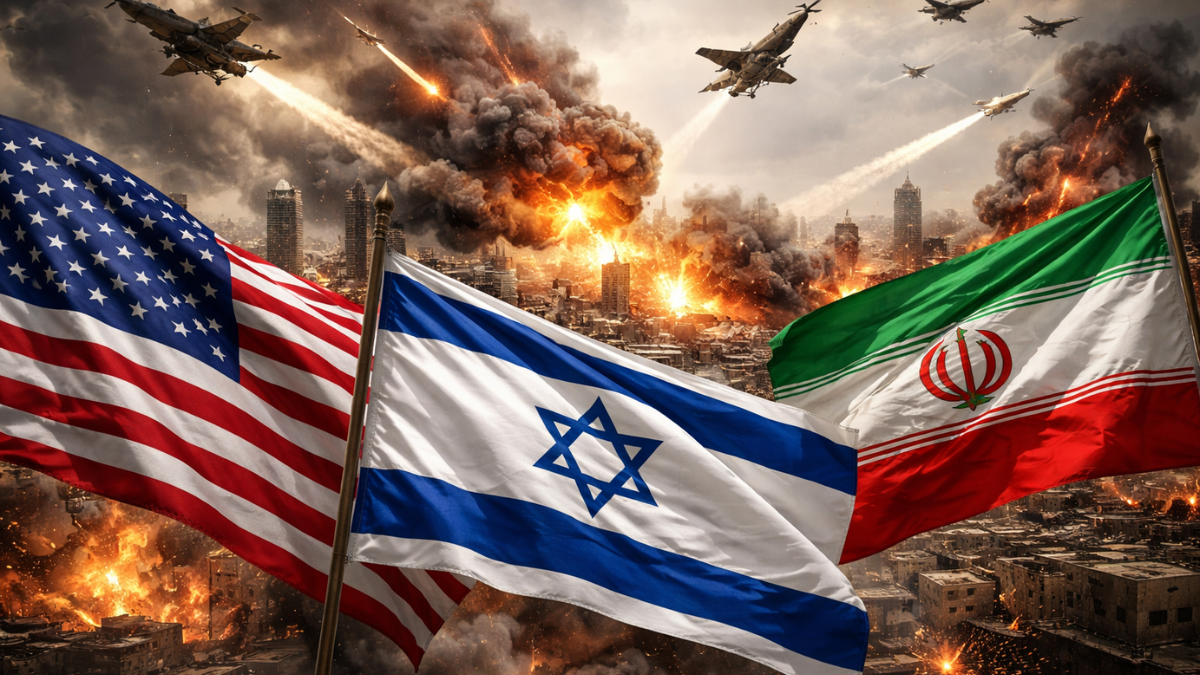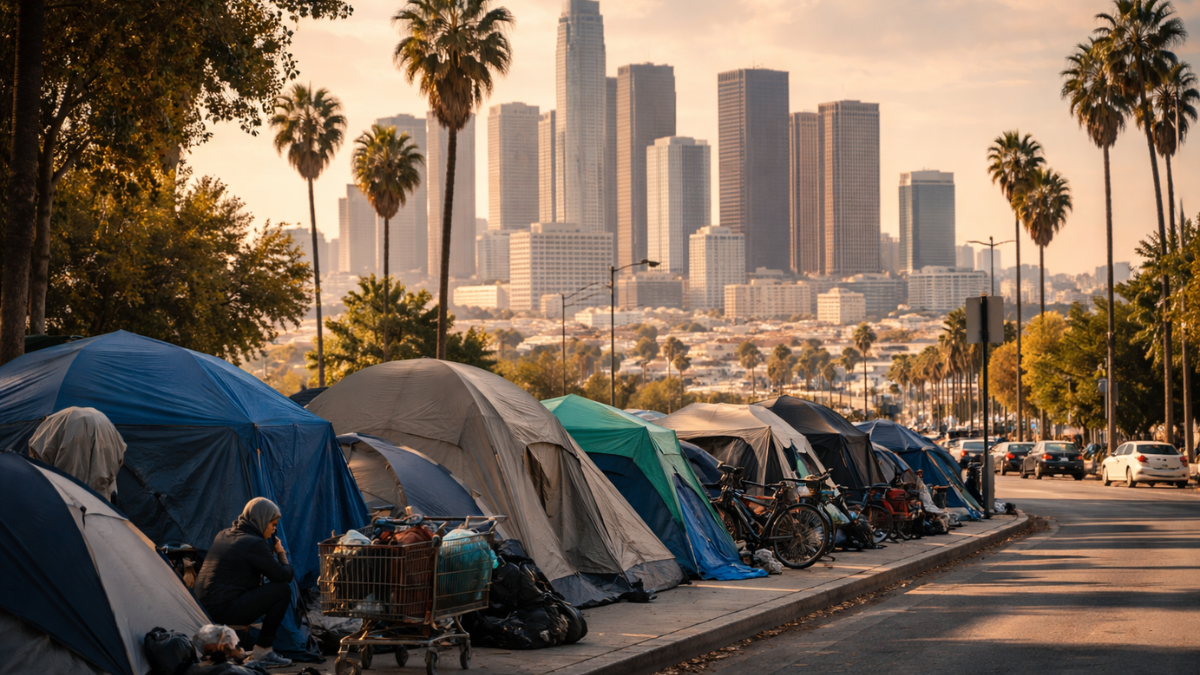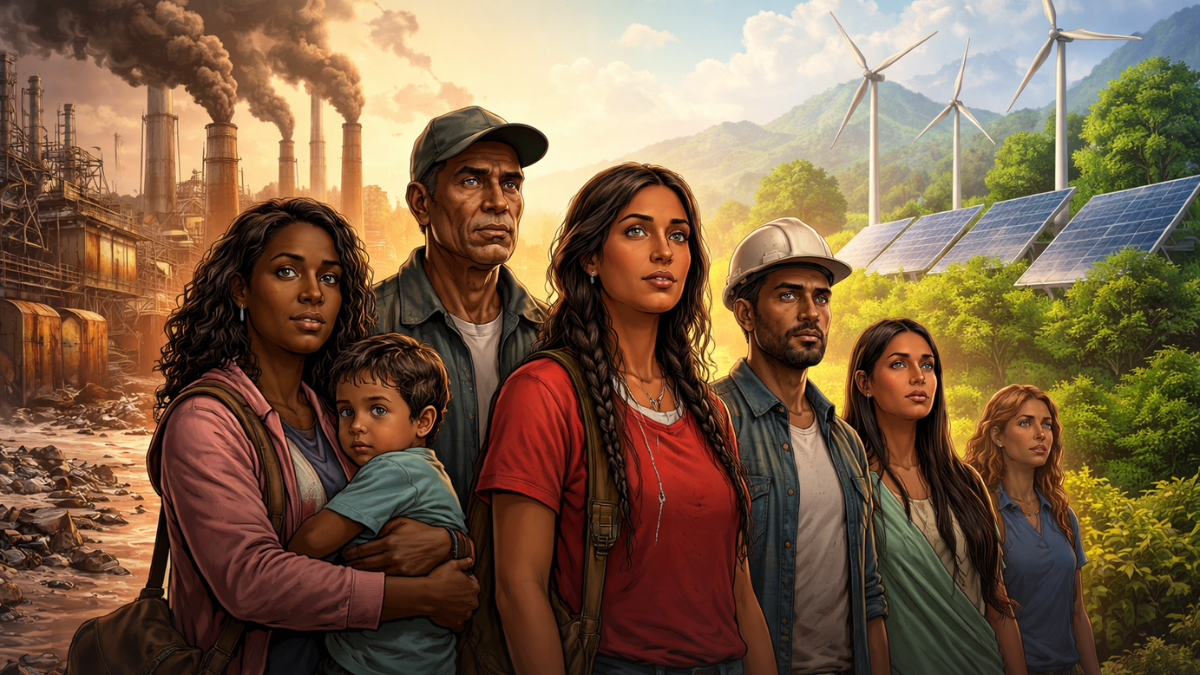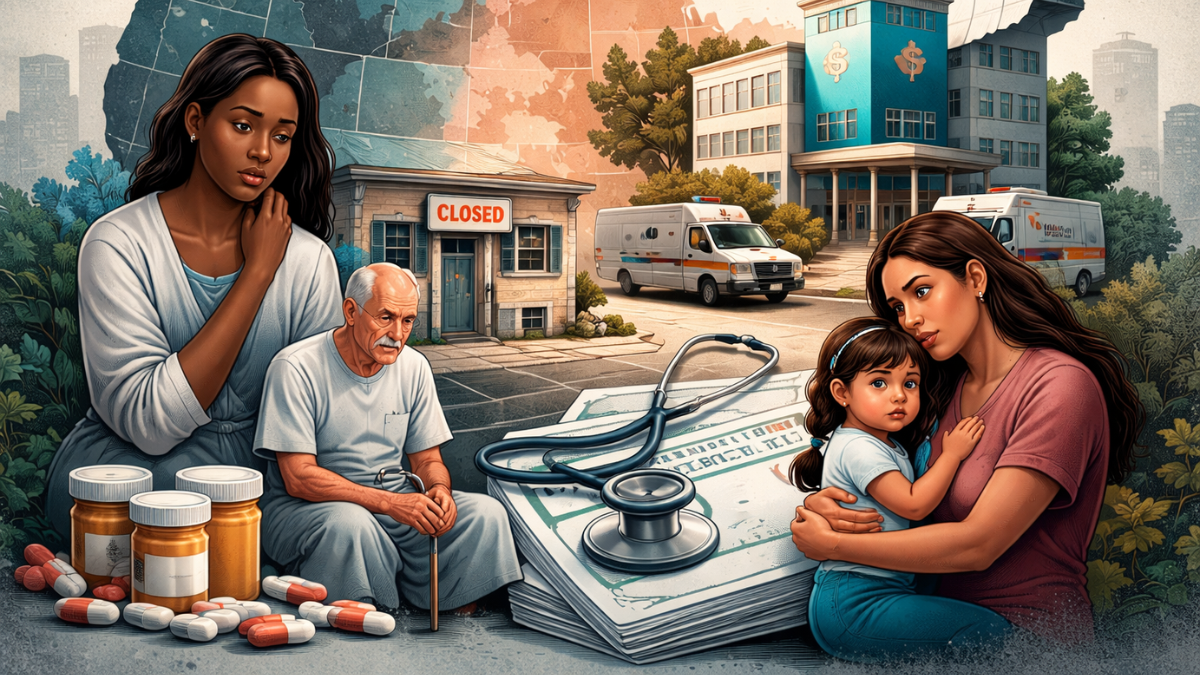Impact of the US–Israel–Iran Conflict on the Global Order — a sociological analysis
The sudden escalation of direct military action between the United States, Israel and Iran marks a turning point not only in regional security but in the social architecture that underpins the contemporary global order. Beyond battlefield maps and headline metrics, the conflict is reconfiguring identities, norms, institutions, economic patterns, and everyday social life across diverse … Read more









